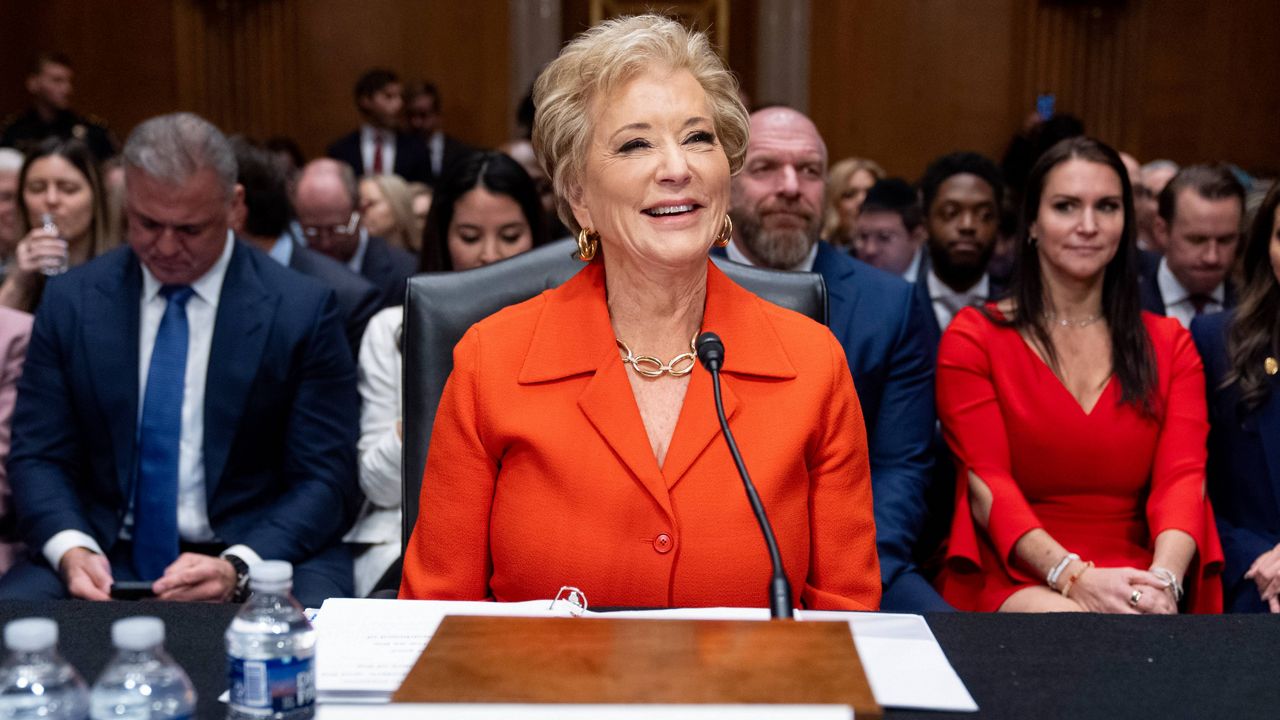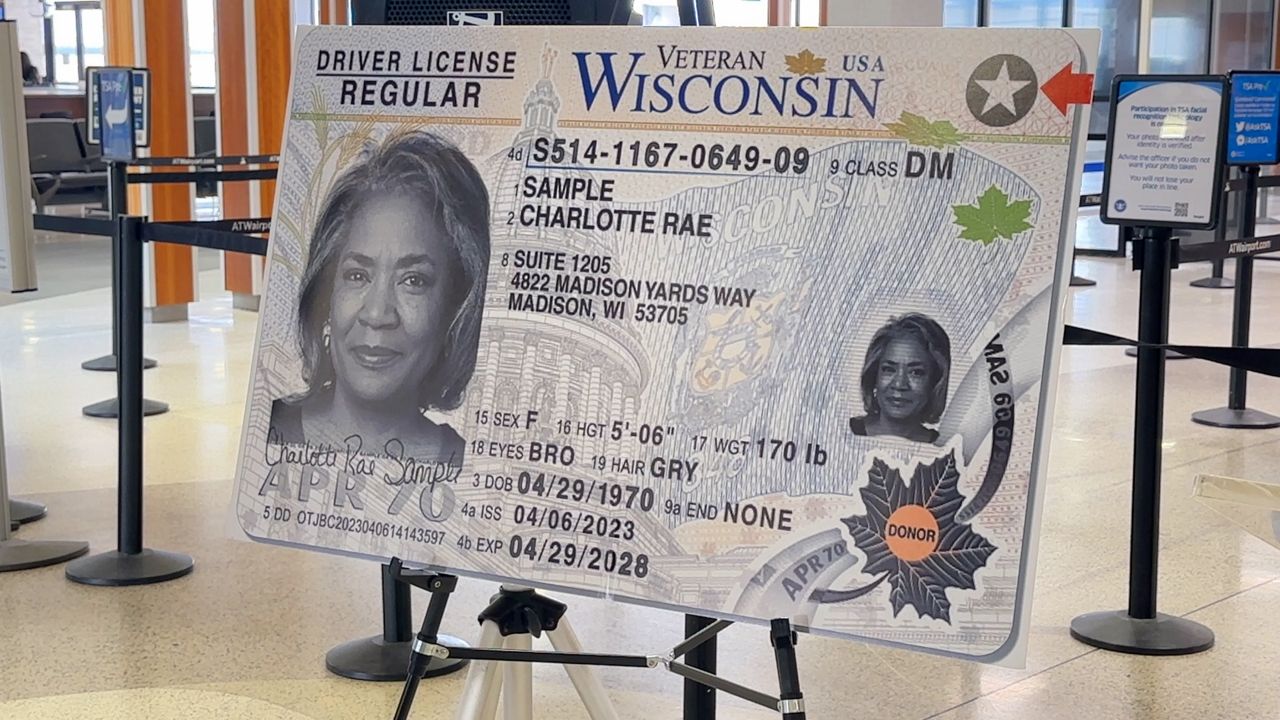After nearly 30 years in Congress, Sen. Richard Burr is retiring.
Throughout his tenure in both the House and Senate, the North Carolina Republican has been someone who could find common ground with lawmakers on both sides of the aisle, while sometimes surprising his colleagues and the public with his votes.
Burr’s farewell speech on the Senate floor last week shed some light on the publicly reserved longtime serving lawmaker.
"I stand here today in awe of the history made in this Capitol complex," Burr said. "Our nation’s history is crystallized here in this building, our flaws and our triumphs, our humbling errors and our breathtaking successes."
"If you listen closely at night, when all around you is quiet, you can hear the echoing voices of the ordinary men and women who became giants in our nation’s history," Burr added.
During a fiercely partisan time, Burr is somewhat of a throwback. He's someone who often worked across the aisle, including helping to pass bipartisan legislation like the Bipartisan Infrastructure Law and the Respect For Marriage Act, which aims to codify same-sex and interracial unions.
The 67-year-old rarely gives interviews, and declined to give one for this story. But some of his Senate colleagues were happy to talk about their retiring friend.
"He’s funny. He’s warm," said Mark Warner, D-Va., one of Burr's close friends in Congress. "He’s a bit of an acquired taste. The laid-back politician is known for the old Volkswagen "The Thing" he's driven. He's also known for not wearing socks.
"The Richard Burr that doesn’t wear socks is kind of classic Burr," Warner added. "He follows the beat of his drum."
Warner got to know Burr well a few years ago when they led the Senate investigation into Russia’s interference in the 2016 U.S. presidential election. The House held a similar investigation, which was criticized as being partisan. The Senate's investigation was praised for its evenhandedness.
"We didn’t, by any means, always agree, but I think we kind of listened together," Warner said. "He was great in letting our kind of mutual staff work together to follow the truth."
In 2020, Burr stepped down as the chairman of the Senate Intelligence Committee after the Department of Justice launched an investigation into stock sales he made in early 2020, days before COVID-19 crash. The Justice Department eventually dropped the investigation, though the Securities and Exchange Commission launched a separate investigation in 2021.
When asked if this investigation tarnished Burr's image at all, Warner responded: "All I know is it was more than a little bit curious to me other senators ... they got cleared relatively quickly. [Burr] got his clearance on Jan. 19 at about 7:00 in the evening, literally hours before President [Donald] Trump left the White House."
Warner demurred when asked if he thought the timing of Burr's clearance seemed political.
The Virginia Democrat's skepticism regarding the timing could stem from Burr’s vote to convict former President Donald Trump for his role in Jan. 6, 2021, riot at the U.S. Capitol.
Burr was one of just seven Senate Republicans who voted to convict Trump at his second impeachment trial, another example of how he often broke with his party.
"Ultimately, until somebody casts a vote, you don’t know for sure, especially on an issue like that," Sen. John Thune, R-S.D., told Spectrum News. "I think like a lot of people, he was trying to work through the issue."
The vote led the North Carolina Republican Party to censure Burr; he called it a "sad day" for his party.
"My party’s leadership has chosen loyalty to one man over the core principles of the Republican Party and the founders of our great nation," Burr said in response to the action in 2021.
Burr — who first won election to the U.S. House of Representatives in 1994 — warned about the weight of impeachments in his farewell address.
"I lived through three," Burr said, referring to the two impeachments of Trump and the 1998 impeachment of then-President Bill Clinton.
"Nobody wins in impeachment," Burr said, adding: "Congress should resist the temptation to treat impeachment like the newest form of political opposition."
Burr's impeachment vote to convict Trump put Burr in the headlines, which is a place his colleagues say the North Carolina Republican does not seek.
"I’m not sure he likes all the gossip and extravaganza that goes around politics," Warner said.
"Richard is kind of one of those people who very quietly works to get things done and a lot of times on issues that aren’t on the 6:00 news at night," Thune added.
Burr has addressed issues of healthcare during his time in Congress.
He authored the creation of the Biomedical Advanced Research and Development Authority, which he says was critical in the rapid development of the COVID-19 vaccine. He also introduced legislation that allowed families to save for the long-term care of a child with disabilities through tax-free savings accounts.
Burr also co-sponsored legislation focused on investigating cold cases involving racially suspicious crimes prior to 1980.
"In a job like this you have to be able to build coalitions, build bridges to try and get things across the finish line," Thune told Spectrum News.
As Burr comes to his own finish line inside the Capitol — it’s unclear what may be next for him. But what is clear is that Burr — who has a home in North Carolina's Outer Banks — will have even more reason to go sockless.
"I hope that my time here has had purpose and meaning," Burr said in his farewell speech. " I know I have done my best to contribute and help build that more perfect union."
Rep. Ted Budd, who will replace Burr, is set to be sworn in on Jan. 3, 2022. Budd did not support some of the major bipartisan bills that Burr recently voted for, including legislation focusing on gun safety and infrastructure.









